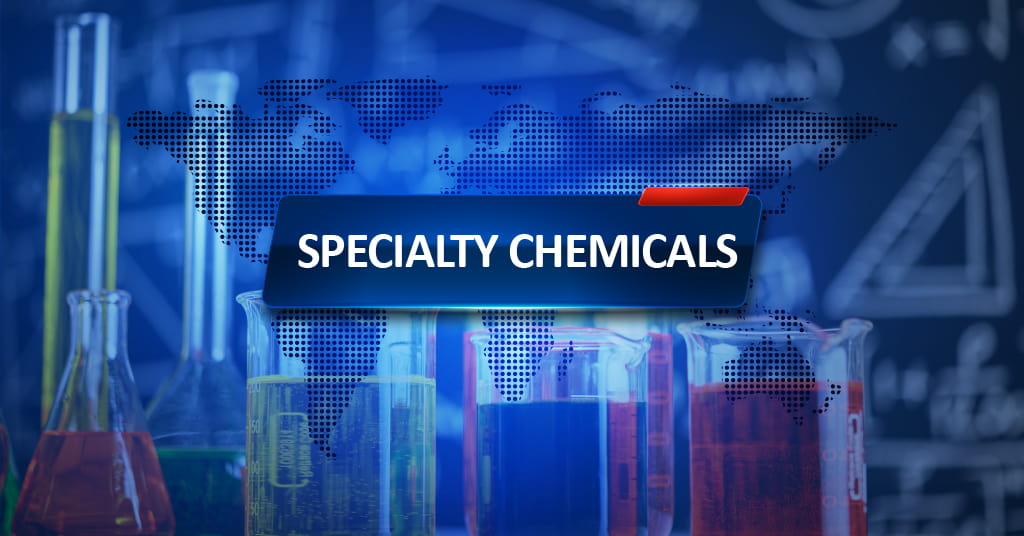Welcome To ChemAnalyst

The food and beverage sector is one of the fastest expanding industries in Europe. This sector produces high-quality, nutritious, and secure food while also being competitive worldwide. In terms of employment and value-added, this industry is also the largest manufacturing sector in the European Union. It also benefits trade with non-EU nations. The European Commission has been actively trying to propel the E.U. food sector's competitiveness and the efficiency of the single food market. It also aims to open up new food and beverage markets through trade talks and negotiations with other nations.
Food additives have grown in significance over time due to the various demands of the food industry, end-users, and regulatory agencies worldwide. The main purposes of food additives are to provide food products with particular desired qualities, enhance the appearance and appeal of food, assure food safety by preventing contamination, and lengthen the product's shelf life. Additives of all kinds are used to enhance or preserve the quality of the foodstuffs we eat. But since they frequently contain synthetic compounds that aren't necessarily healthy, some of the components have ultimately been cast out due to studies on their effects.
According to the United States Department of Agriculture (USDA), Titanium Dioxide was recently claimed to have been outlawed by the European Commission, despite the fact that the preservative is still widely used in the United States. The question of why some food additives are prohibited in Europe but not in the United States seems reasonable. Health experts claim that the E.U.'s chemical safety procedures put more emphasis on preventive and completely avoiding risk than the U.S., which assesses the likelihood of hazard. The E.U. and U.S. have quite different systems to ensure chemical safety. In contrast to European policy, which often tries to avoid harm before it occurs, U.S. policy is typically more reactive.
After the European Food Safety Authority (EFSA), an organization that provides the E.U. with independent scientific advice regarding dangers associated with food, completed a re-evaluation of the safety of the food additive, the E.U. decided to phase out titanium dioxide. The U.S. lacks organizations like the EFSA that provide an independent scientific examination of newly introduced chemicals, in contrast to the E.U. Moreover, although the E.U. regularly updates its procedures and methods for assessing new chemicals, some experts believe the U.S. system, established more than 50 years ago, requires modernization.
Considering the ban, ChemAnalyst predicts that the prices of Titanium Dioxide will decline in the E.U. region during the forthcoming period.
We use cookies to deliver the best possible experience on our website. To learn more, visit our Privacy Policy. By continuing to use this site or by closing this box, you consent to our use of cookies. More info.
